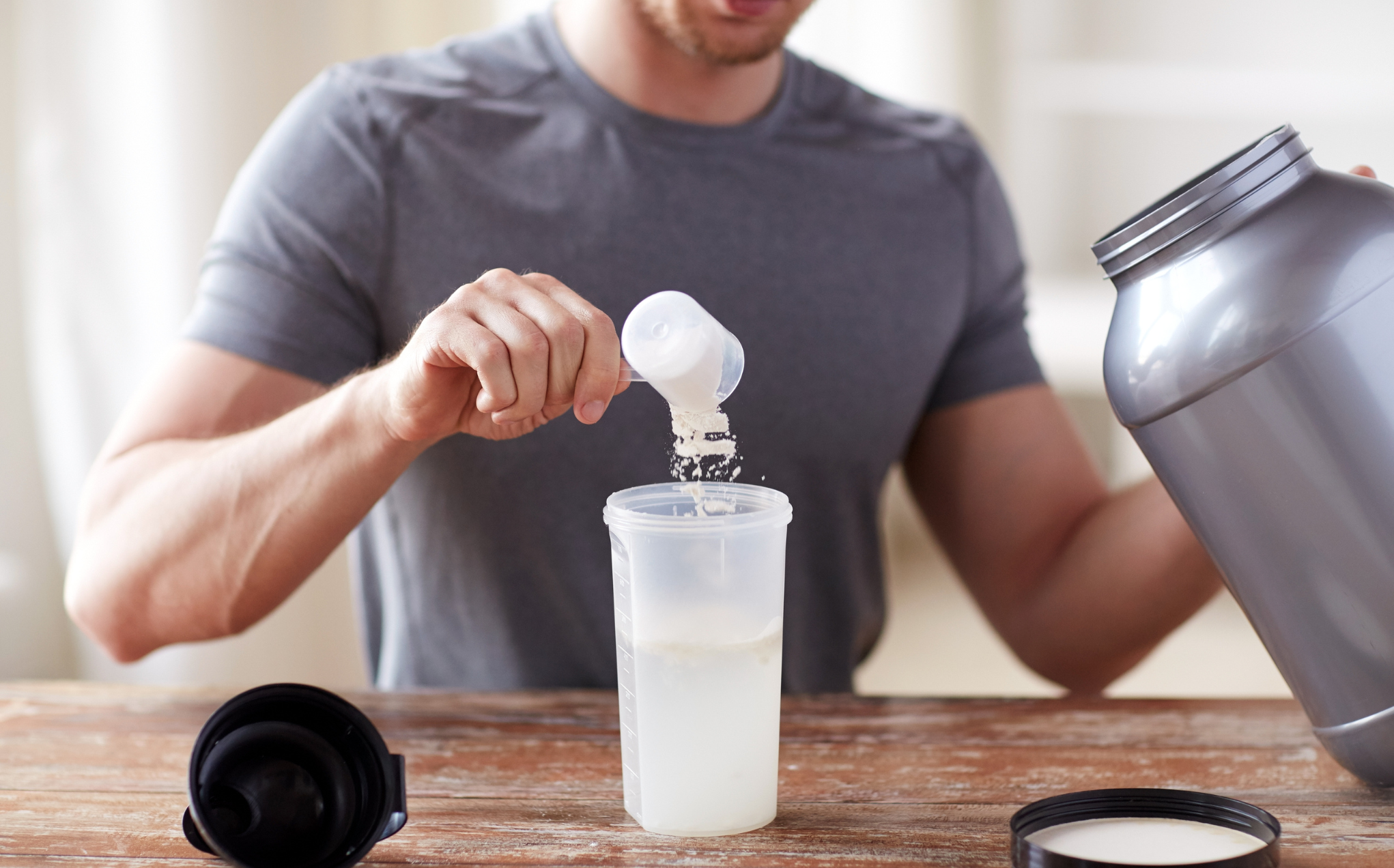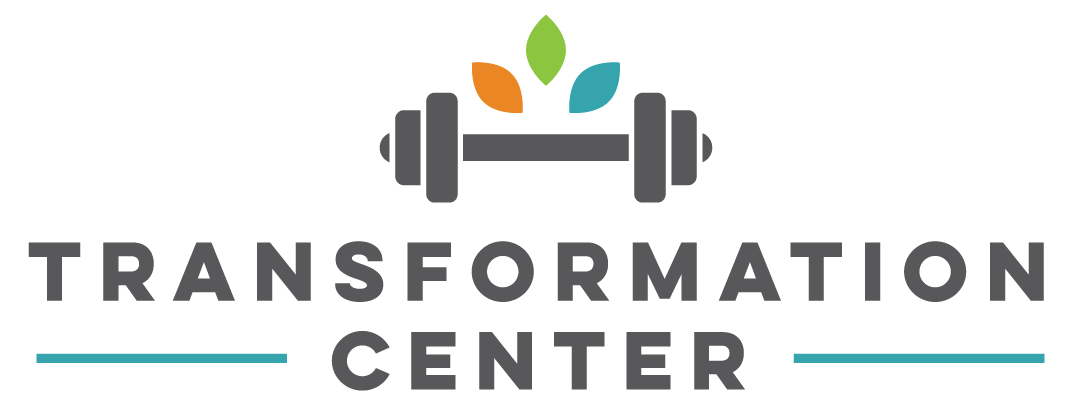
Creatine.
You’ve probably heard about it from a friend, seen it on a supplement shelf, or read a headline claiming it’s either the “magic muscle powder” or “dangerous for your kidneys.”
The truth? Neither extreme is accurate. Creatine monohydrate is one of the most researched and effective supplements in the world—and it can support fitness, longevity, and everyday vitality when used the right way.
Let’s clear up the confusion.
First—What Is Creatine?
Creatine is a naturally occurring compound your body makes in small amounts and stores in your muscles. It helps regenerate ATP (adenosine triphosphate), your body’s main energy currency.
Think of ATP like the “battery pack” for every muscle contraction. When you lift weights, sprint, or do anything explosive, creatine helps recharge that battery so you can push harder, recover faster, and ultimately, build more strength and muscle.
Common Myths About Creatine
Myth #1: Creatine Hurts Your Kidneys
This myth has been floating around for decades. The truth is, research on healthy individuals shows no evidence of kidney damage from normal creatine supplementation. Concerns came from outdated misinterpretations of how creatine affects creatinine levels (a kidney marker)—but higher creatinine here doesn’t equal harm.
Myth #2: Creatine Is Just for Bodybuilders
Nope. While it’s popular in strength sports, creatine also supports brain health, bone density, and muscle retention as we age. That makes it a smart tool for everyday people—especially those in their 40s, 50s, and beyond—who want to stay strong, mobile, and independent.
Myth #3: Creatine Causes Bloating
Not true in the way people think. Creatine helps muscles store more water inside the muscle cells, making them function better and sometimes look fuller. This isn’t the uncomfortable “belly bloat” many people fear.
Who Is Creatine For?
Pretty much anyone looking to improve performance, strength, or healthspan. That includes:
- Athletes & Lifters → More strength and power output.
- Adults 40+ → Helps counteract age-related muscle loss (sarcopenia).
- Vegetarians/Vegans → Creatine levels are often lower without meat in the diet.
- Anyone Focused on Longevity → Research suggests benefits for cognition and bone health.
How & When to Take It
The gold standard is creatine monohydrate. It’s affordable, safe, and effective.
- Dosage: 3–5 grams per day, consistently.
- Timing: Doesn’t matter much—just take it daily. With a meal (especially with carbs and protein) may help with absorption.
- Loading Phase? Not necessary. You’ll hear about taking 20g/day for 5–7 days to “load,” but if you just take 3–5g daily, your muscles will saturate within 3–4 weeks.
Benefits Backed by Science
Hundreds of studies support creatine’s effectiveness. Here’s what the science shows:
- Strength & Power: Increases muscle output during resistance training and explosive movements.
- Muscle Growth & Retention: Supports hypertrophy and protects against age-related muscle decline.
- Cognitive Health: May improve memory, reaction time, and mental fatigue (especially in older adults or those under stress).
- Bone Health: Some studies suggest creatine combined with strength training supports bone density.
- Energy & Recovery: Helps muscles recover faster between bouts of exercise.
Is It for Everyone?
Important disclaimer: Creatine is safe for most people, but it’s not for everyone. If you have kidney disease, high blood pressure, or other health conditions, check with your doctor before starting. As with any supplement, your body and circumstances come first.
Practical Tips for Trying Creatine
- Stick with creatine monohydrate powder—skip the fancy blends and overpriced versions.
- Mix it in water, a shake, or even your morning coffee.
- Combine with a solid nutrition foundation: aim for 20–30g of protein per meal, plenty of fiber, and balanced carbs and fats.
- Pair it with consistent strength training for best results—creatine works because it supports your body’s ability to do more work.
The Bottom Line: A Tool, Not a Shortcut
Creatine won’t replace the basics: sleep, nutrition, movement, and consistency. But as far as supplements go, it’s one of the most proven and beneficial options out there—for athletes, busy adults, and especially anyone over 40 who wants to protect strength and vitality long-term.
At The Transformation Center, we focus on tools that actually make a difference—creatine can be one of them. If you want help figuring out how supplements, strength training, and sustainable nutrition fit into your goals, reach out. Our next Killer Kurves program is starting soon, and we’d love to help you feel stronger, leaner, and more confident—inside and outside the gym.

Recent Comments